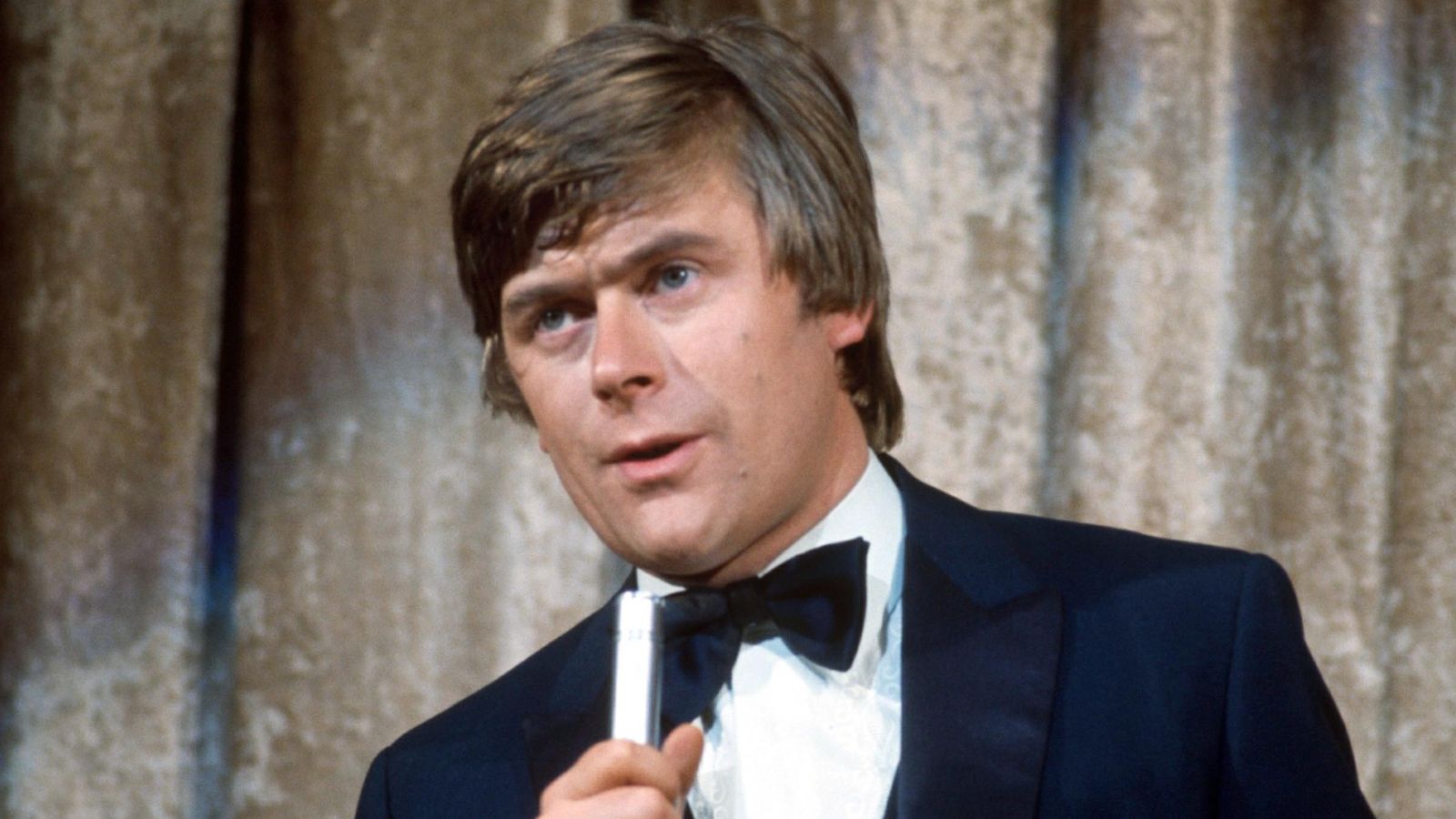Retail sales have returned to growth after a month of contraction that was larger than first thought, according to a closely-watched measure of consumer confidence.
Official figures showed retail sales volumes grew by 0.5% in April – more than the 0.3% expected by economists – after a fall in March that was worse than first thought.
Last month was a good one for jewellers, sports retailers and department stores, the Office for National Statistics (ONS) said.
A key factor in the uplift was the return of typical weather for the time of year in April after the sixth wettest March on record, when the UK had 155% of average rainfall – putting shoppers off spending.
Sales were revised downwards for March from a previously reported contraction of 0.9% to an actual 1.2% decrease in sales. It was the only month of sales contraction so far this year.
The ONS figures are important as consumer spending is the largest part of the UK economy.
Overall, the economy is still struggling with growth but is expected to avoid recession by the IMF and Bank of England this year.
Be the first to get Breaking News
Install the Sky News app for free
Boost for businesses despite effects of strikes
Nearly all retail sectors grew in April.
Despite soaring food price inflation – near the 20% mark – food shops had a 0.7% increase in sales volumes.
Overall sales volumes rose by 0.8% in the three months to April 2023 from the previous three months, resulting in the highest quarterly increase since August 2021.
The amount spent online was up 1.5%, though the proportion of online sales was unchanged at 26% from March.
Online has represented about 26% of retail sales since May 2022, up from just below 20% in February 2020 before the outbreak of the COVID-19 pandemic.
However, sales volumes were likely dampened by industrial action in March and April, the ONS said.
A survey conducted by the ONS suggested 39% of adults had been affected by strikes from 5 to 16 April, an increase from 27% from the end of March to early April.
Of those affected by industrial action, 19% said they could not travel for holiday or leisure as planned in April, compared with 14% of people between 23 March to 2 April.
Despite rail strikes and falling fuel costs consumption of car fuel fell 2.2% from a 0.1% increase in March.
Please use Chrome browser for a more accessible video player
Signs momentum could continue
The positive retail sales figures follow signs this week the cost of living crisis could be easing.
The rate of price increases slowed and the IMF boosted its outlook for the UK economy.
There was also good news on energy prices, with the price cap set to fall in the coming months.
However, there have also been warnings higher energy prices are the new normal.
And core inflation, which strips out volatile elements such as fuel and food, hit a 30-year high.
Lisa Hooker, leader of consumer markets at PwC, said: “Overall, the trajectory remains positive, with the best quarterly improvement in retail sales volumes since August 2021.
“With this month’s sales likely to be helped by the coronation and additional bank holidays, we expect the positive momentum to continue in the short term.
“However, retailers will be hoping that the current green shoots are not dampened by higher interest rates or other macroeconomic challenges over the summer.”
Helen Dickinson, chief executive of the British Retail Consortium, also said retailers expected further improvement but called on the government not to hold them back.
She said: “Government must ensure it does not sabotage this momentum by adding cost pressures onto retailers from new policies, as these will mainly serve to push prices back up for people up and down the country.”
The chancellor, Jeremy Hunt, ended the week by telling Sky News tackling inflation in coordination with the Bank of England was his priority – even if the Bank’s steps led to a recession.






